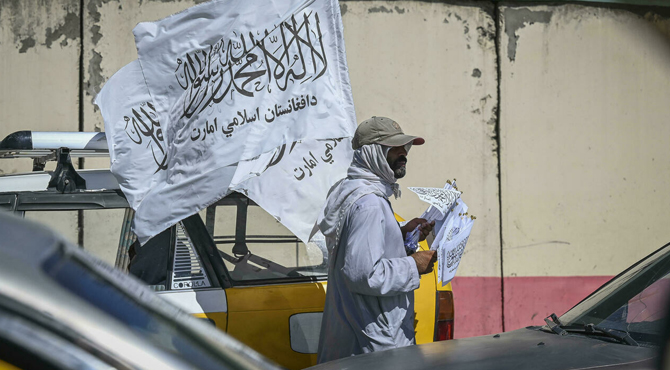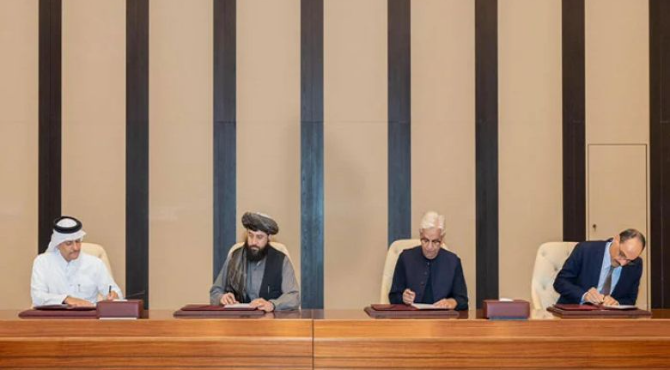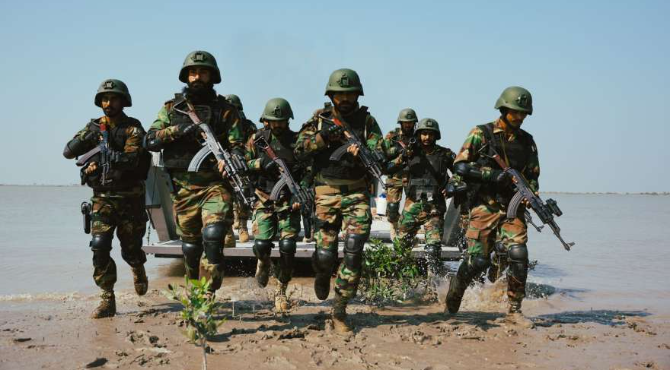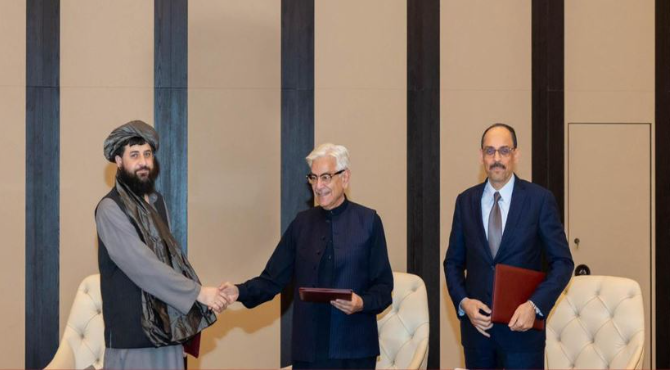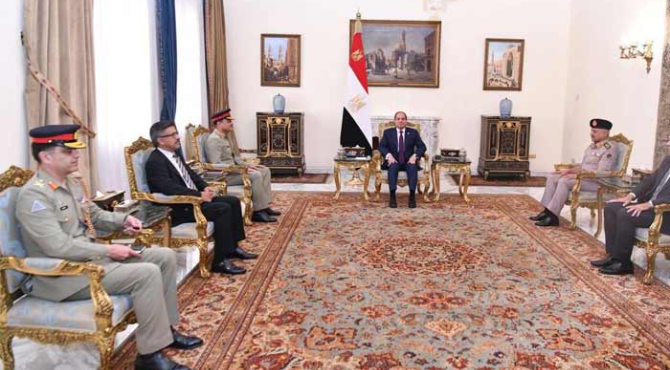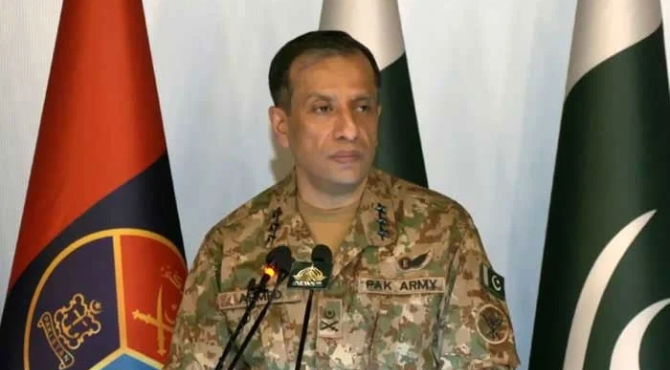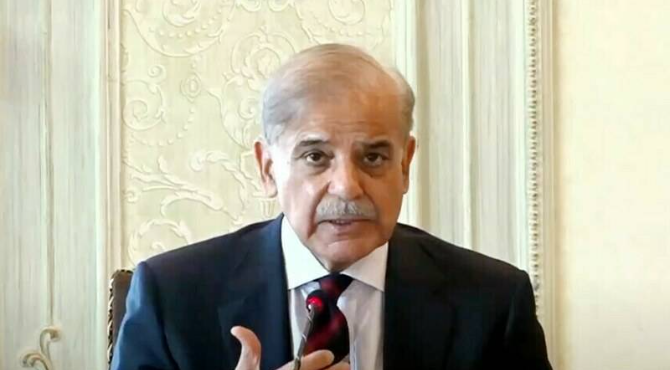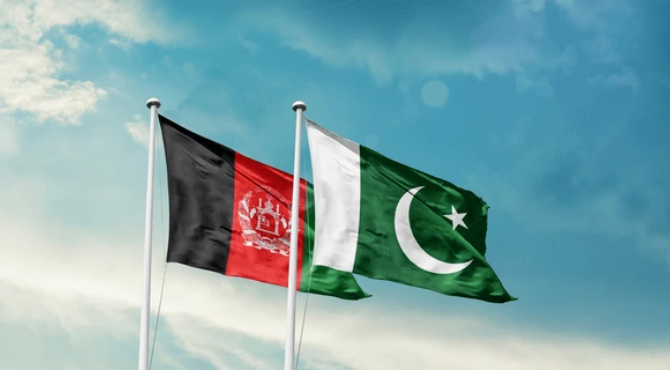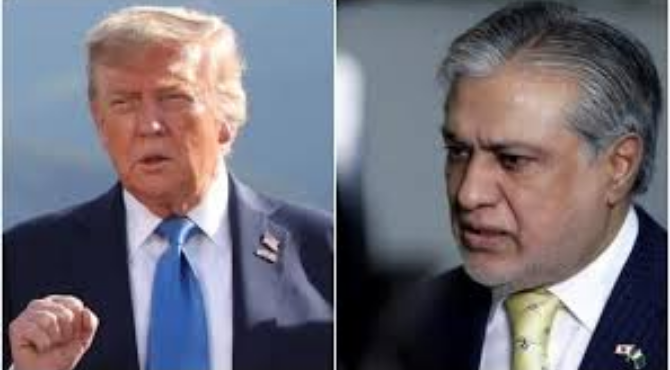Kabul(National Times):The Taliban announced on Tuesday an interim government drawn exclusively from their own loyalist ranks, with established hardliners in all key posts and no women — despite previous promises to form an inclusive administration for all Afghans.
But as the Taliban transition from militant force to governing power, they face a growing number of protests against their rule, with two people attending a demonstration shot dead in the western city of Herat.
The government announcement was the latest step in the Taliban’s bid to cement their total control over Afghanistan, following a stunning military victory that saw them oust the US-backed government on August 15, days ahead of the chaotic pullout of American troops.
The Taliban, notorious for their brutal and oppressive rule from 1996 to 2001, had promised a more inclusive government this time.
However, all the top positions were handed to key leaders from the movement and the Haqqani network — the most violent faction of the Taliban known for devastating attacks.
– ‘Same as old Taliban’ –
Mullah Mohammad Hassan Akhund — a senior minister during the Taliban’s reign in the 1990s — was appointed interim prime minister, the group’s chief spokesman said at a press conference in Kabul.
Mullah Yaqoob, the son of the Taliban founder and late supreme leader Mullah Omar, was named defence minister, while the position of interior minister was given to Sirajuddin Haqqani, the leader of the feared Haqqani network.
Co-founder Abdul Ghani Baradar, who oversaw the signing of the US withdrawal agreement in 2020, was appointed deputy prime minister.
None of the government appointees were women.
“We will try to take people from other parts of the country,” spokesman Zabihullah Mujahid said, adding that it was an interim government.
Hibatullah Akhundzada, the secretive supreme leader of the Taliban, released a statement saying that the new government would “work hard towards upholding Islamic rules and sharia law”.
The Taliban had made repeated pledges in recent days to rule with greater moderation than they had in their last stint in power.
However, analysts said the new lineup indicated little had in fact changed.
“The new Taliban, same as the old Taliban,” tweeted Bill Roggio, managing editor of the US-based Long War Journal.
“It’s not at all inclusive, and that’s no surprise whatsoever,” said Michael Kugelman, a South Asia expert at the Woodrow Wilson International Center for Scholars.
In a further sign that the movement had little intention of carrying out any meaningful reform, Zabihullah also announced the reinstatement of the Taliban’s feared Ministry for the Promotion of Virtue and Prevention of Vice.
The ministry had, under the Taliban’s former rule, been responsible for arresting and punishing people for failing to implement the movement’s restrictive interpretation of sharia law.


